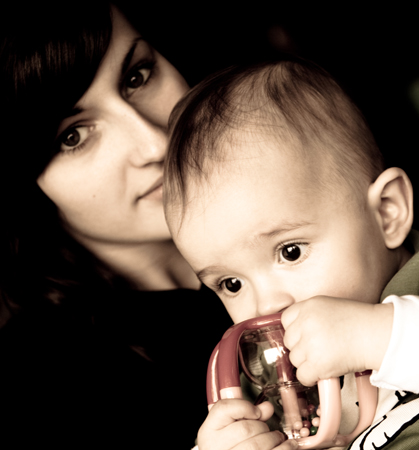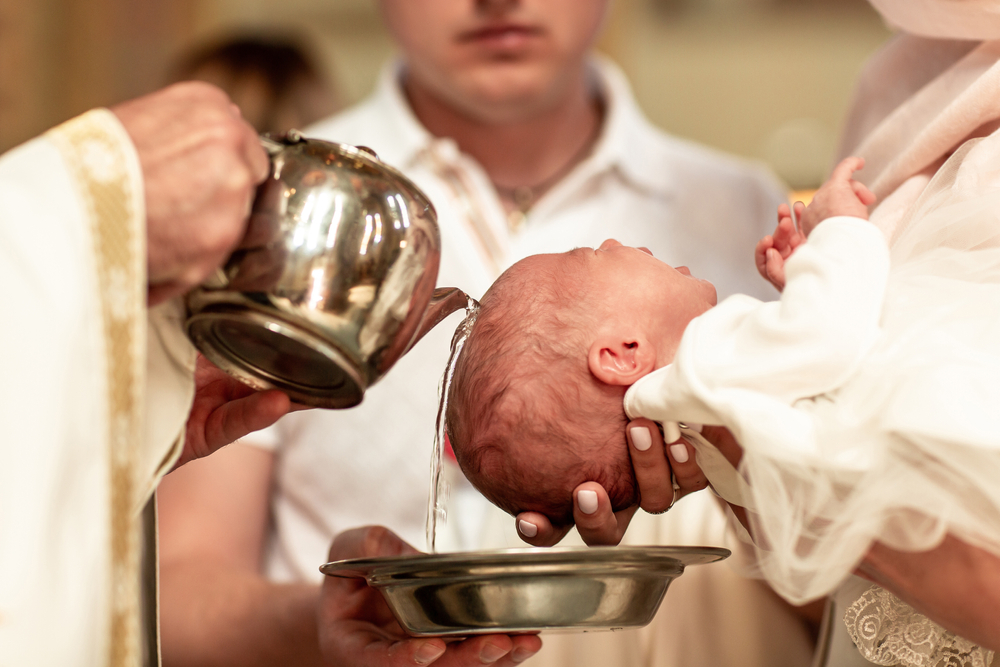Life Stages: Birth
The French have reversed the general European trend of negative population growth and now have a population growth rate equal to North America’s and second in Europe only to that of the Republic of Ireland.
Cultural Practices
The birth of a child marks a joyous event in France. Mothers in the various regions of France swaddle newborn children differently. Upper-class women usually entrust their children to wet nurses until they are weaned. Most deliveries take place in well-equipped maternity hospitals, and most births take place with the assistance of obstetricians and skilled attendants. In recent times, many French couples have taken a “back to nature” stance regarding childbirth, preferring to give birth at home assisted by trained midwives or nurses. They face opposition from medical insurance providers and the possibility of prosecution, however, if anything goes wrong.
Religious Rites
As a predominantly Roman Catholic country, the French consider baptism the most important ceremony associated with childbirth. Among North African Muslims, the sunnath (circumcision) performed on newborn male children remains the most important.
As France is a very family-oriented country, relatives and friends usually send flowers to the mother after her delivery. Society also highly values and celebrates birthdays as in other Western countries, with relatives and friends presenting gifts.
France held out as one of the last countries in Europe to adopt liberal abortion laws. In recent years, the laws have been amended to reflect the general practice of the European Union. Women now have access, on request, to abortions up to 12 weeks into the pregnancy. An adult must accompany a pregnant girl younger than 16, but France does not require prior parental consent.
Copyright © 1993—2025 World Trade Press. All rights reserved.

 France
France 
